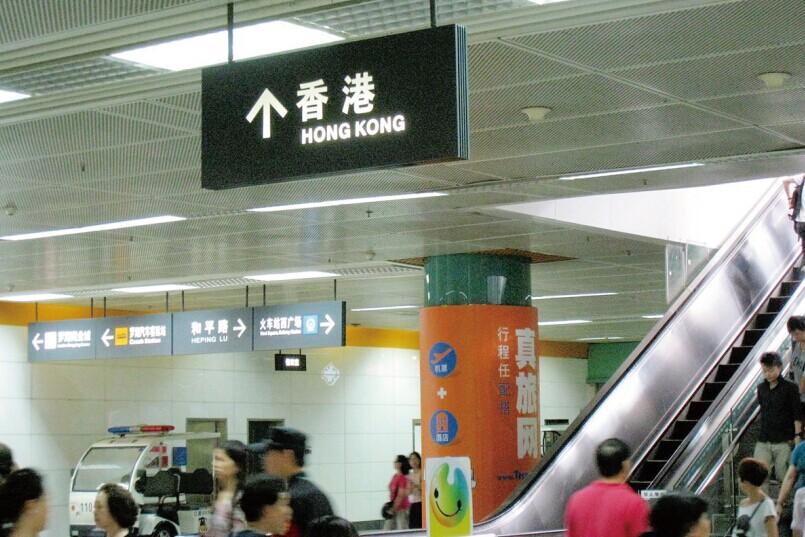For years, Hong Kong residents have nursed complaints about the growing parade of visitors to their city from Mainland China. The appeal of Hong Kong, a former British colony, is understandable. Medical care here is far superior to what is found in most of China.
Until last year, Mainland mothers were allowed to deliver in Hong Kong, which meant residency for the child and accompanying benefits, including free education and for some, the avoidance of fines for breaching China's one-child policy. Now, they must be married to a permanent resident or have valid working visas in Hong Kong in order to deliver there.
But it's not just locals wanting to cross the border for baby. Ask any expat Mom and chances are that she has or knows someone that has had a bad experience. It just can’t be helped. With language barriers and different systems (read: hygiene, bedside manner, post-partum food and habits, reliance on C-sections, archaic technology and plenty more) in place, many expat mothers simply opt to deliver in Hong Kong, as it means English-speaking doctors, Western style bedside manners and most of all, clarity. Home is often too far away and many have demanding jobs and, other kids in school. They also have a desire to ensure that Dad can hop on a train and reach Hong Kong in less than three hours. Hong Kong is thus the perfect option. For some, it’s a no-brainer. For others, it wasn’t quite what they expected.
Tom Charleston and Mary Lee, who hail from America and Shenzhen respectively, found that going to Hong Kong was much more difficult and expensive than expected. The couple chose to deliver their son in Hong Kong two years ago, after hearing some horror stories from other families about the local medical system. She remarks, “Once we confirmed my fetus had a heartbeat, we had to pay a deposit to the private hospital immediately. I was only seven weeks pregnant. I had to keep returning every three to four weeks for my appointments. It was really stressful." Lee had to relocate to Hong Kong six weeks before her due date and the serviced apartment cost them HKD25,000 a month. When she went into labor around 6am, her doctor was not able to arrive in time as he was booked up for scheduled C-sections. Her son Max was born via emergency C-section a few hours later as the nurses were gettingtoo impatient. She was not given a private room due to lack of space. Lee admits that she had to wait almost six weeks after the birth for Max’s passport and visa to be sorted before she could return home. “I had hired a domestic helper to help with the chores but even then, I felt so overwhelmed. My husband could not take so much time off from his job in Shenzhen. Even though we claimed back most of the hospital expenses via our insurance broker, we ended up spending an additional HKD80,000. In retrospect, I wish I had stayed in Shenzhen. At least I would have been home and had my husband and family by my side.”
There are also many families who choose to deliver in the PRD but seek second opinions when clarity and further testing is required. Hong Kong does not have restrictions on revealing the baby’s gender and plenty of state-of-the-art screenings procedures are available, such as fetal DNA testing. During our interviews, many of the mothers who delivered in China said that they made trips to Hong Kong for specific tests and second opinions.
Whatever your choice, remember that options are always available. Choose what is best for you and your family for a happy and healthy delivery.


















